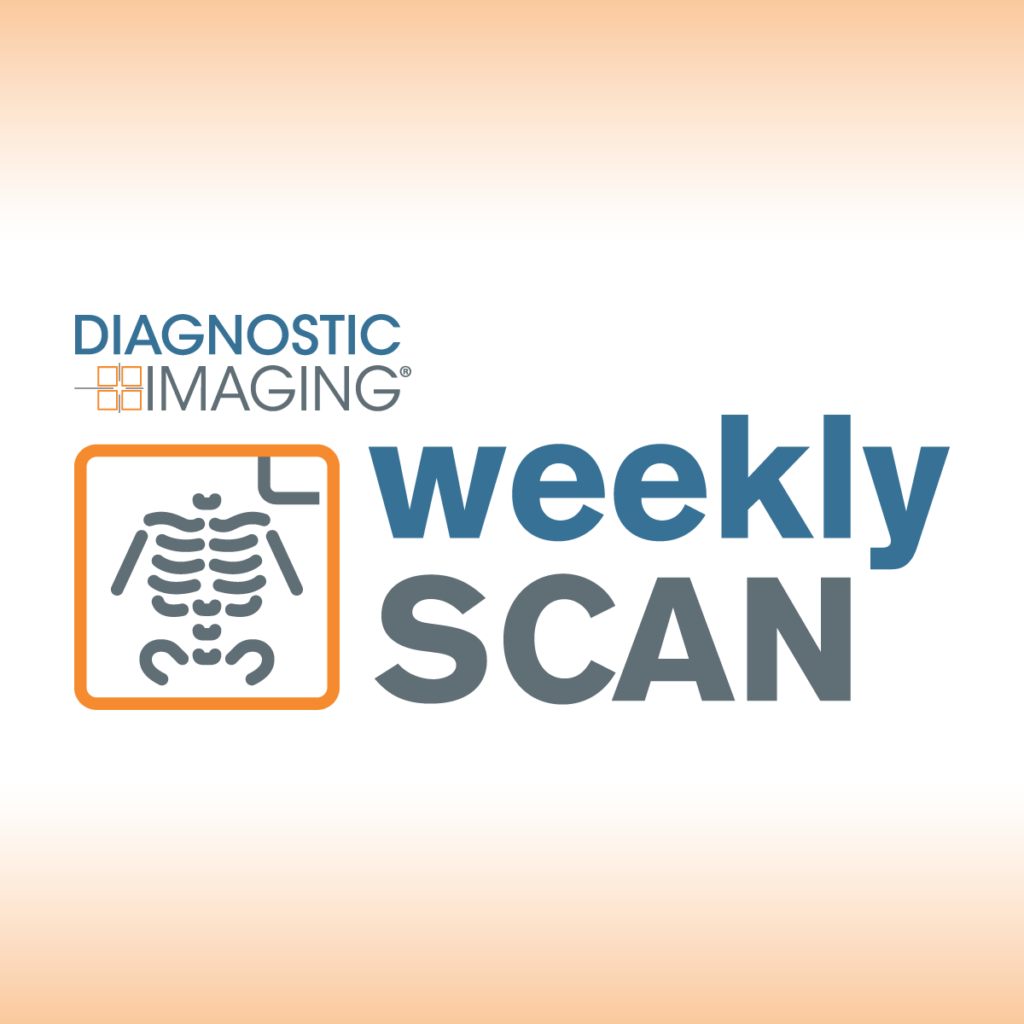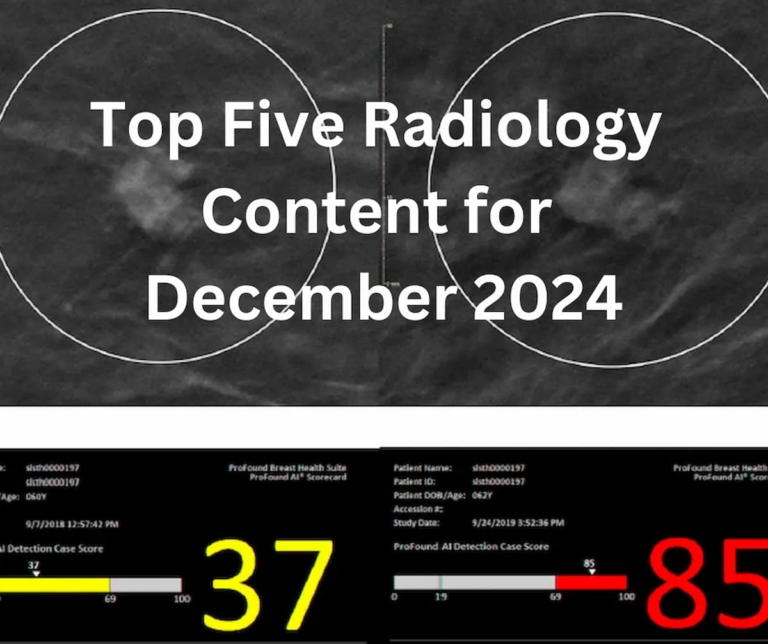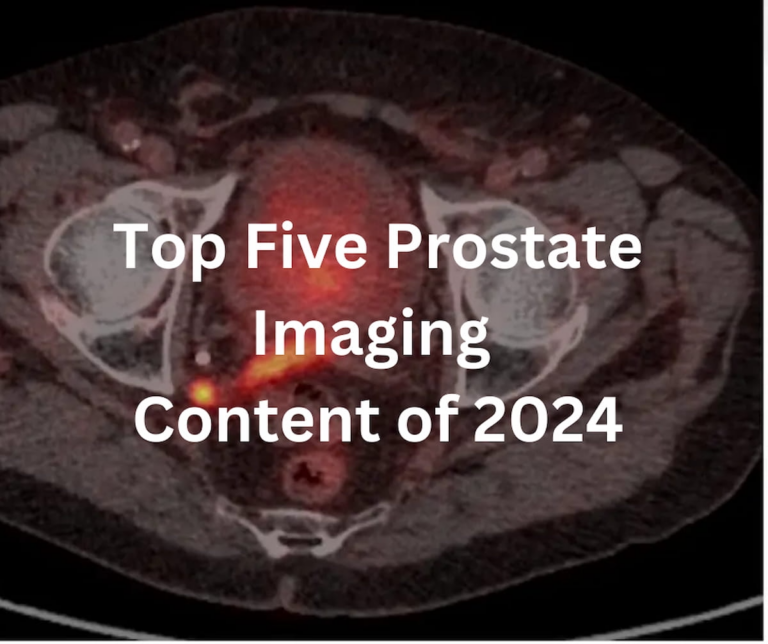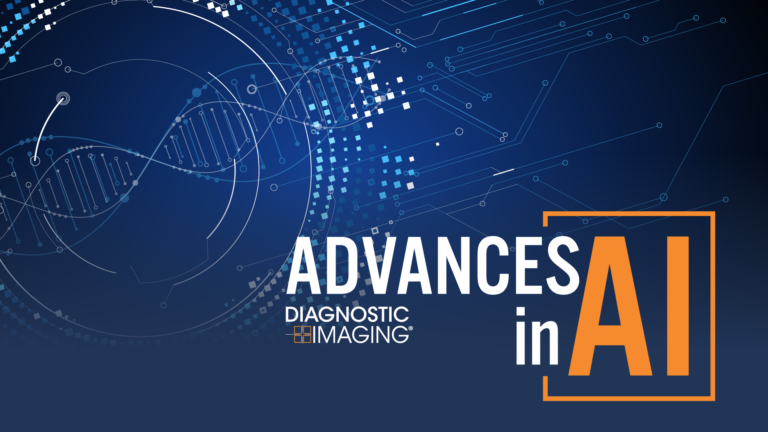
Here’s a summary of the latest highlights in radiology from the past week, encapsulating key developments and insights in the field.
Radiology, a vital component of modern medicine, has seen significant advancements and discussions over the last week. One of the standout pieces of news was the introduction of a groundbreaking imaging technique that enhances the clarity and speed of scans. This new method uses advanced algorithms to improve image quality, allowing radiologists to make quicker and more accurate diagnoses. The technology promises to reduce the time patients spend in scanning procedures, which is a major concern in healthcare environments where efficiency is paramount.
In addition to technological advancements, there was an emphasis on the importance of radiology in cancer detection. Recent studies presented at a major conference highlighted how early imaging can significantly improve survival rates for various cancers. Innovations such as improved MRI protocols and the integration of artificial intelligence (AI) in interpreting scans have shown promising results in identifying malignancies at earlier stages. This underscores the role radiologists play not just as diagnosticians but also as pivotal players in the broader cancer treatment landscape.
A notable discussion in the medical community this week revolved around the ethical considerations in radiology, particularly concerning AI usage. As AI tools gain traction for analyzing imaging results, concerns about bias and the potential for misinterpretation have surfaced. Discussions centered on the need for stringent guidelines and ongoing education for radiologists to ensure that AI complements their expertise without replacing it. This dialogue reflects a growing recognition of the balance needed between embracing technological advancements and maintaining high standards of patient care and safety.
Some headlines also focused on the need for improved access to radiology services, especially in underserved regions. A report highlighted disparities in radiology access across different populations, emphasizing the challenges faced by rural and economically disadvantaged communities. Outreach programs that aim to provide mobile imaging services and tele-radiology consultations are being implemented to bridge these gaps. The goal is to ensure that every patient has access to necessary imaging services regardless of their location, which is a fundamental aspect of equitable healthcare.
Furthermore, the mental well-being of radiologists was brought to the forefront, with articles discussing the high levels of burnout and stress within the profession. The demanding nature of radiology—characterized by long hours spent interpreting complex images—can take a toll on professionals. Organizations are increasingly recognizing the need for support systems, including mental health initiatives and work-life balance programs, to help reduce burnout and improve job satisfaction among radiologists.
Lastly, ongoing research continues to shed light on the role of imaging in various medical conditions beyond cancer, such as cardiovascular diseases and neurological disorders. Recent findings show that advanced imaging techniques like CT and PET scans can significantly enhance the understanding of diseases, leading to better management and treatment protocols. This multidimensional approach demonstrates the evolving nature of radiology and its expansion into diverse healthcare areas.
As we reflect on this week’s developments in radiology, it becomes clear that the field is at a pivotal juncture, balancing technological advancements with the essential human elements of care. With a continued focus on improving imaging techniques, ensuring equitable access, and supporting the health of professionals, the future of radiology holds great promise for enhancing patient outcomes and advancing medical knowledge.
Stay tuned for more updates in the upcoming weeks as the field evolves and new findings emerge, reaffirming radiology’s crucial role in modern healthcare.


